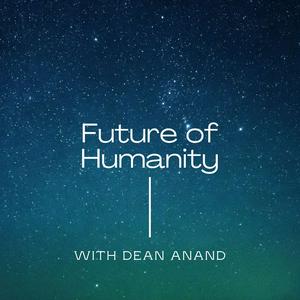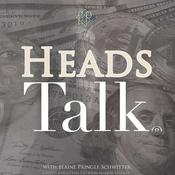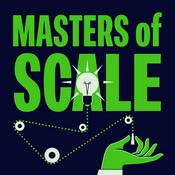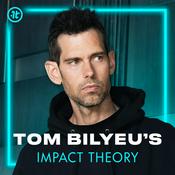17 episodes

The confluence of Big Data and AI can do a lot of good
2022/12/20 | 43 mins.
In this episode of Future of Humanity, we will be talking with Professor Margret Bjarnadottir, one of the world's leading experts on using big data and analytics for doing good. With a Ph.D. from MIT, Margret has used big data and AI to improve opioid prescriptions, predict colorectal cancer mortality, design drug surveillance mechanisms, and patient targeting. She has also studied the best approaches to remedy the pay-gap problem taking into account both equity and economics. Listen in for a very informative and uplifting conversation.

Human-Centered Artificial Inteligence: An Idea Whose Time Has Come
2022/12/06 | 38 mins.
As artificial intelligence-based applications are becoming pervasive in every sphere of life, there is a movement to make it more "human-centered". We will be talking with Ben Shneiderman whose pioneering work has led to the Human-Centered AI movement. He is passionate about innovation and the good that AI can do in making our lives much better. He talks to us about how human control and AI automation can work together to make humanity better off than mindlessly pursuing AI-based solutions. Ben has interesting views on where the romance of AI falls down and what the future holds when using AI intelligently.

Global Inequality in COVID Vaccine and Drug Availability
2022/11/22 | 48 mins.
Turns out, the global covid pandemic could be mitigated much faster if only we had a more equitable distribution of vaccines across the world. There were more 5-year-olds being vaccinated in the U.S. than vulnerable people in places like India and Brazil causing the prolonging of the health impacts for even residents of America. We will be talking with a much-published public health activist, Achal Prabhala who is the current coordinator of the AccessIBSA Project and has been honored across the world with Fellowships and Residencies to work on health equity issues.

Cultivated Meats: What the future holds for the way we eat.
2022/11/08 | 38 mins.
In order to provide animal protein (egg, poultry, and meat) we humans use a third of the earth's landmass to feed the animals. In most countries, these animals are factory farmed in horrible conditions and then slaughtered to enable us to eat chicken sandwiches and steaks. There seems to be a way to cultivate meat, save the planet and pursue our values of not causing harm to other life forms. We will be talking with Josh Tetrick, the CEO of Just Food Inc. who has successfully shepherded a company to use modern technology to cultivate meat for human consumption. With success in Singapore, Just Inc might well be at the forefront of a revolution in the way we eat.

Climate Change: Technology and Finance Can Easily Mitigate Global Warming Today
2022/10/25 | 48 mins.
My guest on this episode devoted to Climate Change will be Dipak Dasgupta who is working with IPCC (Intergovernmental Panel on Climate Change) on Climate Finance. Turns out that the $3-$4 trillion needed across the world to mitigate global warming dwarfs in comparison to the approx $21 trillion return on the investment made by global financial institutions. Further, renewable technology is already economical but being held back by habit and custom and the strong lobby representing older fuel sources. The dialog is interesting and not to be missed!
More Business podcasts
Trending Business podcasts
About Future of Humanity
Listen to Future of Humanity, Aspire with Emma Grede and many other podcasts from around the world with the radio.net app

Get the free radio.net app
- Stations and podcasts to bookmark
- Stream via Wi-Fi or Bluetooth
- Supports Carplay & Android Auto
- Many other app features
Get the free radio.net app
- Stations and podcasts to bookmark
- Stream via Wi-Fi or Bluetooth
- Supports Carplay & Android Auto
- Many other app features


Future of Humanity
download the app,
start listening.






































